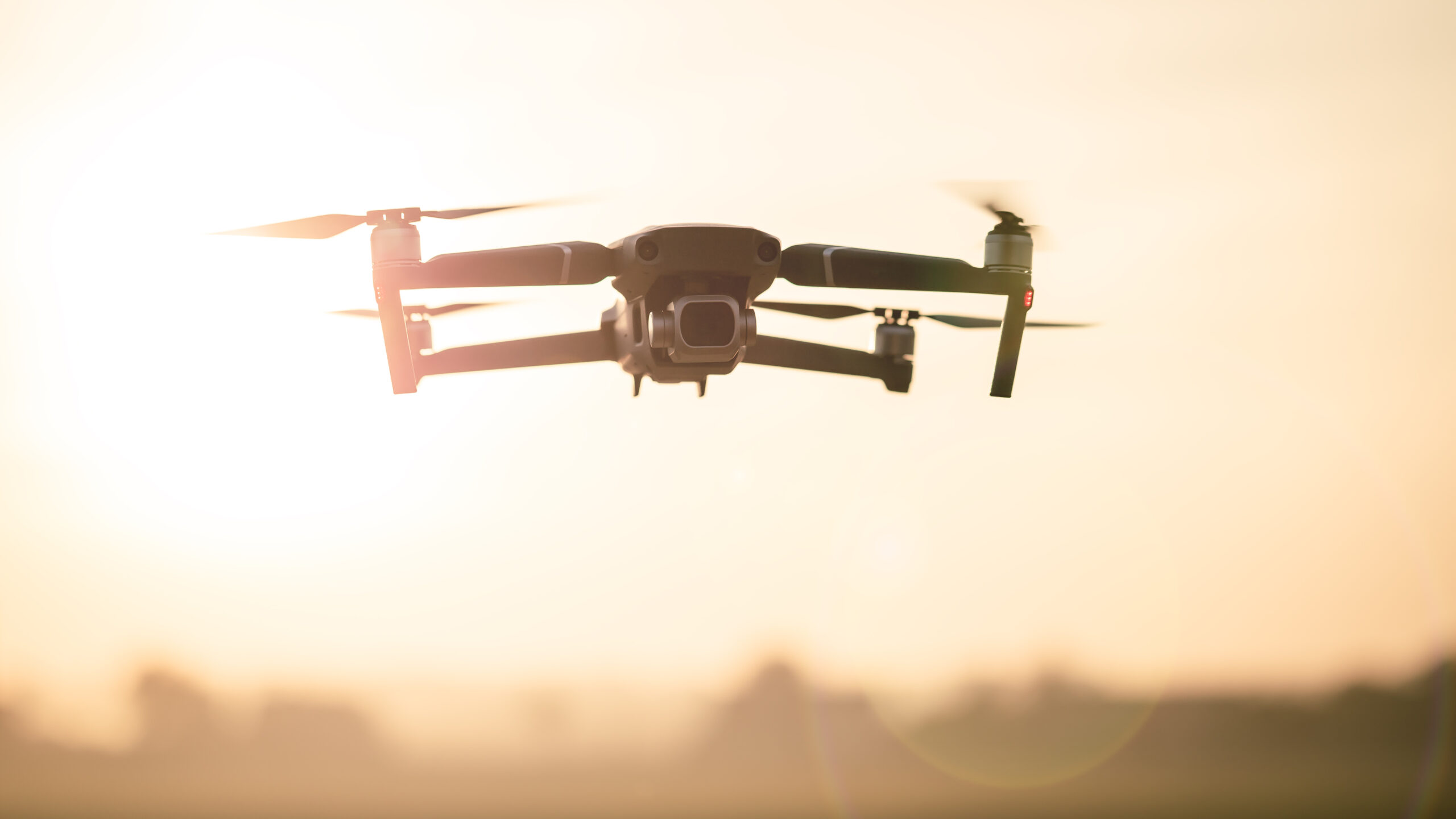The use of drones as an investigative tool is becoming increasingly popular in the field of private investigations. Drones have the potential to provide a variety of benefits to investigators, including the ability to gather evidence, the efficiency of deployment, and the ability to operate within the confines of Canadian privacy laws.
One of the most significant benefits of using drones in private investigations is their ability to gather evidence. Drones can be used to capture high-quality video and images, which can be used to document activities and movements of individuals or groups. This evidence can be particularly useful in cases involving surveillance, where it may be difficult or impossible to obtain clear footage from the ground.
Another benefit of using drones in private investigations is the efficiency of deployment. Drones can be quickly and easily deployed to gather evidence, which can save investigators time and resources. In many cases, drones can be operated from a remote location, which eliminates the need for an investigator to be physically present at the scene.
However, it is important to note that the use of drones in private investigations must be done in accordance with Canadian laws. Private investigators must ensure that they are not violating any other laws or regulations when using drones. For example, it is illegal to fly drones in certain areas, such as near airports or in restricted airspace. Private investigators must also ensure that they are not violating any privacy laws or regulations in the course of their investigations.
Despite these challenges, the use of drones in private investigations can be a valuable tool for investigators. For example, drones can be used to survey large areas quickly and efficiently, which can save time and resources. They can also be used to capture images and video that may not be visible from the ground, such as the tops of buildings or other structures.
In addition to their use in surveillance investigations, drones can also be used in other types of investigations, such as accident reconstruction or environmental assessments. In these cases, drones can be used to capture high-quality images and video of the scene, which can be used to reconstruct the events leading up to the incident.
However, it is important to note that the use of drones in private investigations is not without its limitations. For example, drones may not be able to operate in adverse weather conditions or in areas with poor visibility. Additionally, the use of drones can be limited by battery life, which can restrict the amount of time that they can be used in a single flight.
Despite these limitations, the use of drones in private investigations is becoming increasingly popular. Drones have the potential to provide valuable benefits to investigators, including the ability to gather evidence quickly and efficiently, and the ability to operate within the confines of Canadian law. However, it is important for investigators to ensure that they are using drones in a legal and ethical manner, and that they are not violating any privacy laws or regulations in the course of their investigations. By doing so, investigators can take advantage of the many benefits that drones can provide, while ensuring that they are operating within the bounds of the law.
Contact ThreeSixty to discuss the feasibility of a drone-based investigation. Expertise matters.
